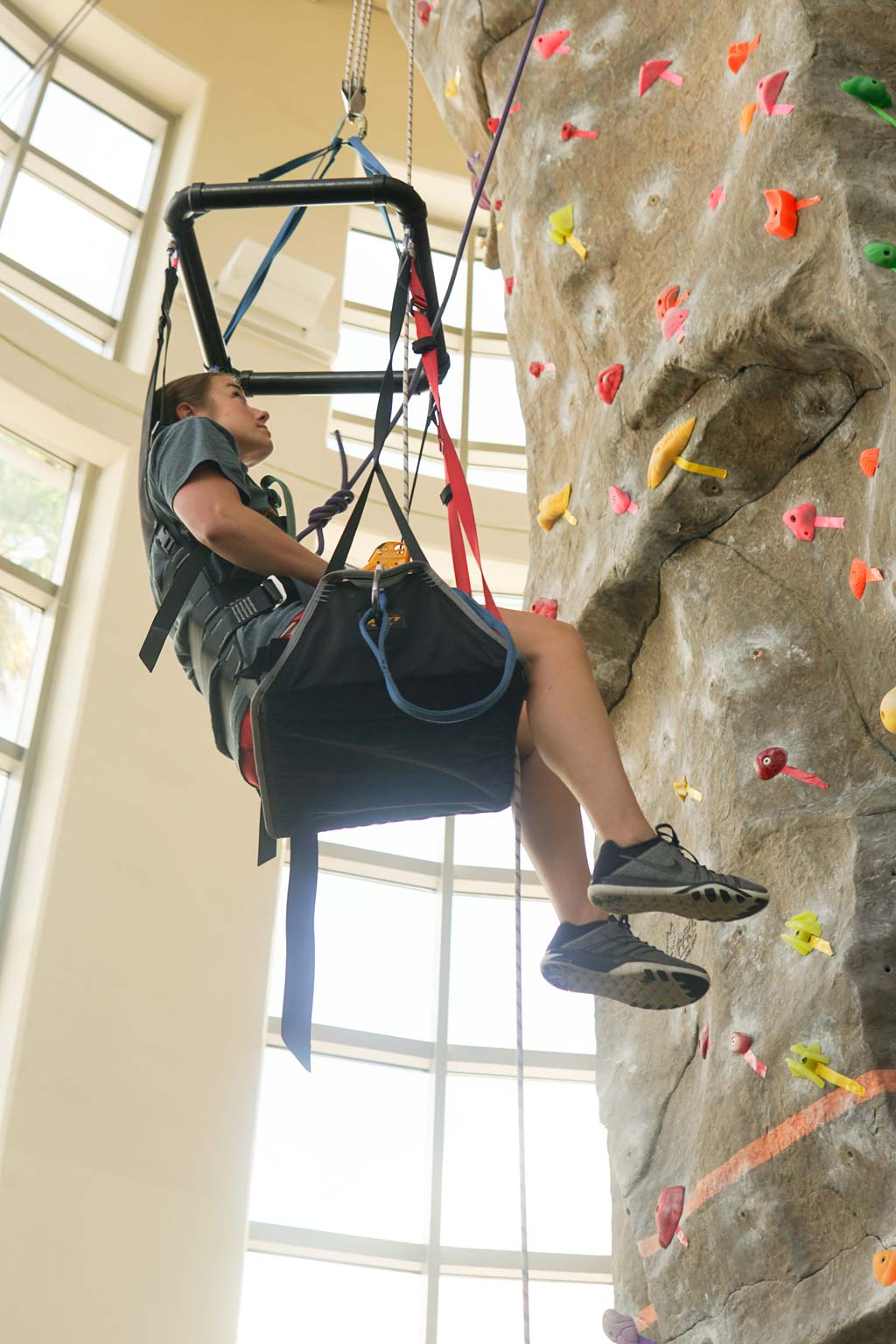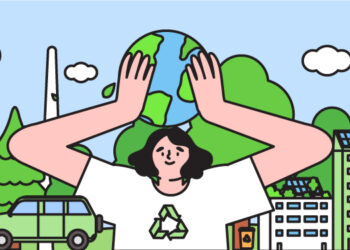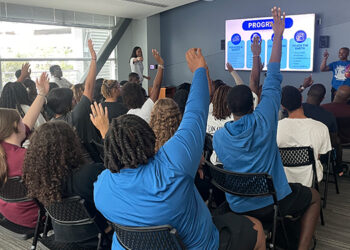Inclusivity is an important element of campus recreation, and an increasing number of rec centers are making a concentrated effort to make their facilities more welcoming for all students, regardless of gender, race or background.
In the effort to achieve true diversity in campus recreation, however, there is one demographic in particular that tends to go underserved in fitness: students with disabilities.
“Almost all the time, adaptive recreation and inclusion for people with disabilities are not included in the initiatives for diversity,” said Andrea Snead, the sport clubs coordinator at the University of Central Florida (UCF). “I think it’s one of the most forgotten about areas of diversity, so I wanted to make sure we highlighted it.”
To highlight its various adaptive recreation programs, UCF created the Inclusive Recreation Expo several years ago. And since she stepped into her role in 2014, Snead has taken it upon herself to make the Expo an annual event. “This is the only marquee event adaptive recreation can host each year, so I really look forward to it,” said Snead.
Hosted in the UCF Recreation and Wellness Center, the 2018 Inclusive Recreation Expo featured several activities, including wheelchair basketball, wheelchair rugby, adaptive diving and an adaptive climbing system for ascending the rec center’s rock climbing wall.

“My favorite part of the Expo was when we did the HAUL system demos,” recalled Snead. ”It’s a pulley system we use at our climbing tower to allow folks with disabilities to ascend the height of the tower. While they aren’t technically climbing the tower, they are ascending the height of the tower using their hands and arm strength.”
And this year, UCF took the Expo to the next level. The Inclusive Adaptive Sports Recreation Activities Workshop, an organization local to Orlando, partnered with UCF to add several adaptive programming demonstrations.
“It was the perfect marriage,” said Snead. “It was great having a workshop centered on why it’s important for someone with a disability to be fit and healthy, while highlighting different sports.”
Although the Inclusive Recreation Expo is the main event for Snead and UCF’s adaptive recreation programs, it’s just a showcase for the rec center’s constant pursuit of inclusion for students with disabilities.
And each year, the school’s adaptive recreation participation has improved. “We saw a 47 percent increase in Student-Assisted Workout (SAW) program participation from last year, and I really credit the fact we have so many things available for students with disabilities,” said Snead. “We have a wide range of things available for them — wheelchair basketball, wheelchair tennis, sitting volleyball or many other adaptive sports.”
The Inclusive Recreation Expo is a relatively brief glimpse at UCF’s adaptive recreation and inclusion initiatives, but it is also a demonstration of how the rec center daily welcomes its community of students with disabilities.
“It’s important for students with disabilities to feel included and welcome to use fitness equipment and the facility,” said Snead. “We want students to leave our facility feeling included.”










